Articles
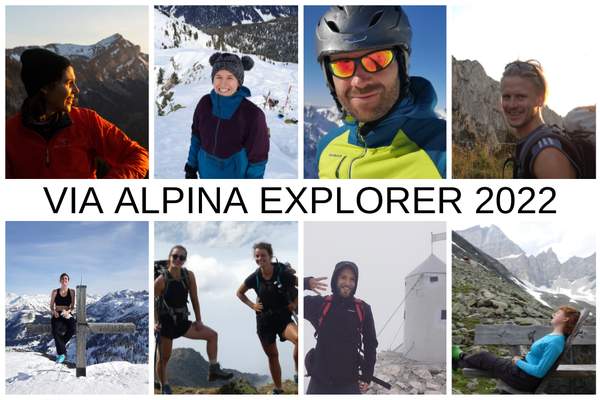
Via Alpina Explorer on the trail
Get your boots on, get set, go! Until the end of September 2022, nine “explorers” will be hiking along the redesigned Via Alpina route. They tell stories about alpine biodiversity, the magic of long-distance hiking, regional specialities and encounters along the way – in a series of short videos, reports, film and art projects.
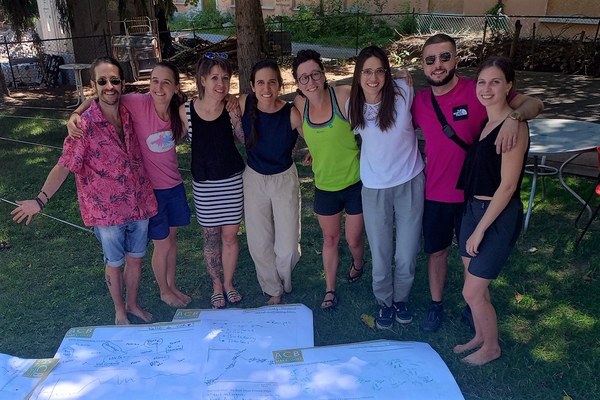
Shoes from a 3D printer
Creative, young, motivated: around 30 young people from all the Alpine countries have spent a year implementing their ideas for a good life in the Alps. At the beginning of July they concluded their year-long journey as “Alpine Changemakers” and presented their projects.
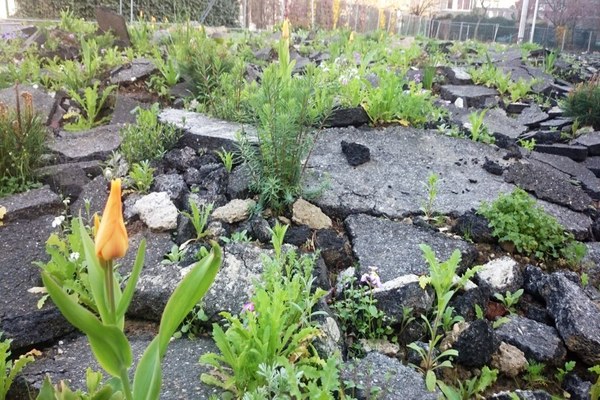
Heatwave aggravated by soil sealing
All of Europe is currently groaning under the heat – and the growing numbers of concreted-over areas are heating up the environment even more. In a background report, CIPRA's Saving:Soils project shows good examples and solutions for the sustainable use of soil and summarises current strategies in the Alpine countries.

Point of view: the excessive character of the Olympics
High construction costs, unused sports facilities, environmentally damaging large-scale projects: loud criticism continues to surround the staging of the 2026 Winter Olympics in Milan and Cortina/I. We must ask whether such sporting events still have a place in the Alps, says Vanda Bonardo, President of CIPRA Italy.
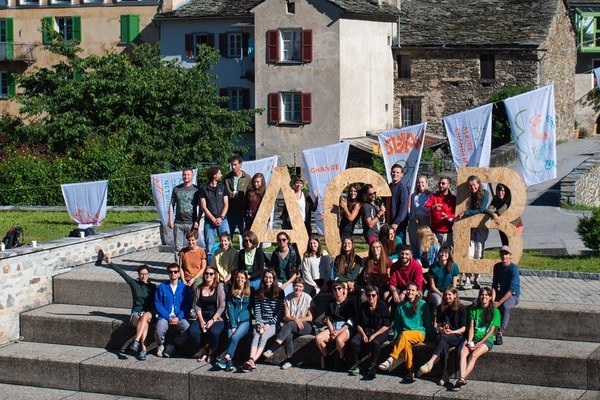
#alpinechangemaker wanted
Projects for a good life in the Alps: highly motivated people from the Alpine region can apply until 15 May with ideas for the “Alpine Changemaker Basecamp” (ACB). They can look forward to a transdisciplinary project week, exchanges with like-minded people and a one-year mentoring programme.
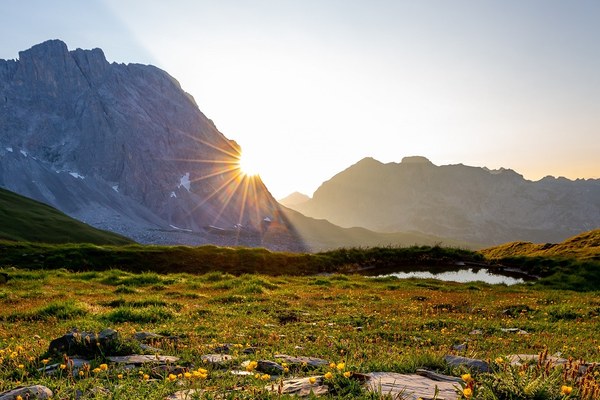
The Alpine tourism of the future
The results of CIPRA's Reset Alpine Tourism project show how the tourism industry can function in a more resilient and environmentally friendly way.
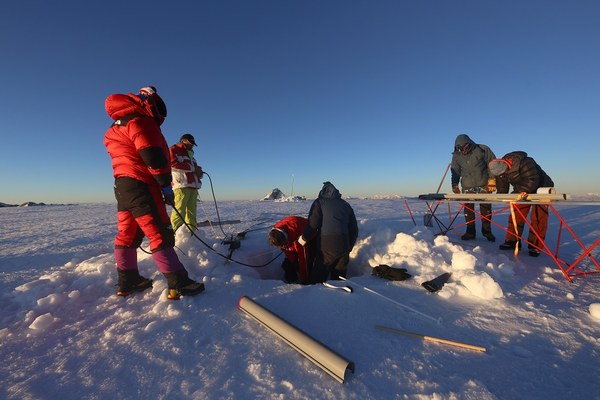
IPCC report: climate crisis in the Alps
According to the Intergovernmental Panel on Climate Change (IPCC), the effects of the climate crisis are greater than we thought: glaciers are melting in the Alps and there are more rockfalls and droughts. What else awaits the Alps? And how can we deal with it?
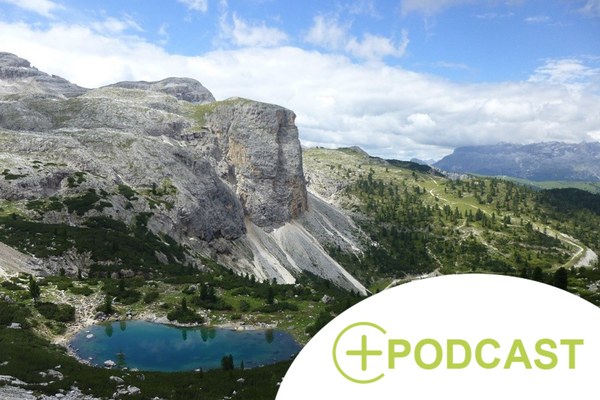
Alpine soils: allies in climate protection
The soils of the Alps make a decisive contribution to climate protection. But intensive land use and rising temperatures are endangering them: not only are they losing their valuable function as carbon reservoirs, but they may even become a source of greenhouse gases themselves.
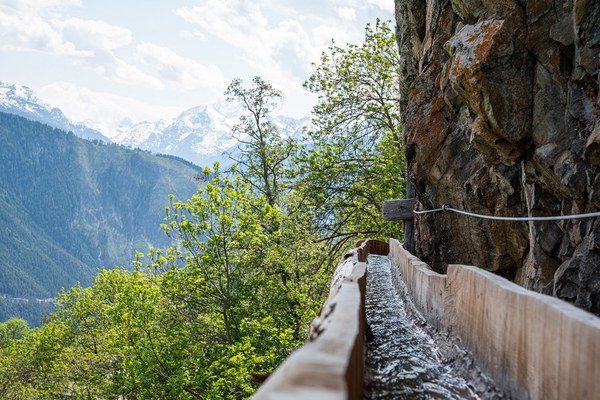
Waale, Suonen, Wasserleiten
Vital for the cultural landscape and biodiversity, and the epitome of community resource management: an application to UNESCO aims to turn traditional irrigation practices into an intangible cultural heritage asset.
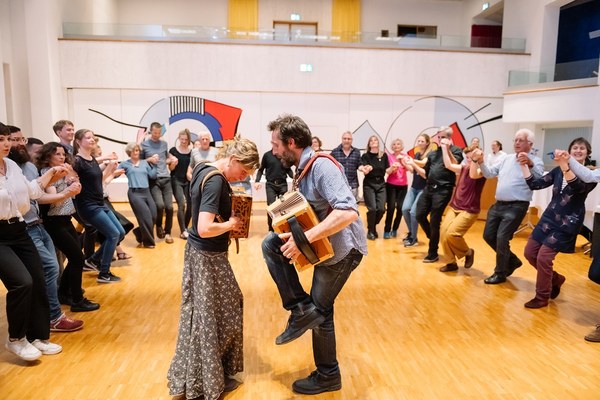
CIPRA celebrates 70 years of Alpine protection
Connecting people, overcoming borders, protecting the Alps: For 70 years CIPRA has been working for a good life in the Alps. What might the Alps of the future look like? On the occasion of its birthday on 5 May, CIPRA also takes a fresh look at itself and presents various visions of the future in the current SzeneAlpen themed issue "The Alps of Tomorrow".
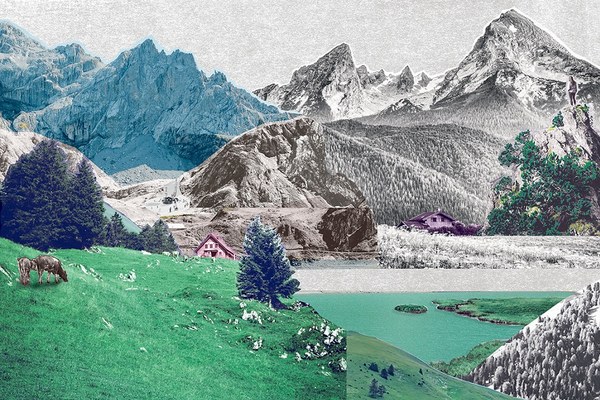
What nature provides in the Alps
Alpine pastures that provide us with food; trees that create a pleasant microclimate; Alpine landscapes that heal and touch. CIPRA's 2021 Annual Report focuses on the value of nature and shows how we can protect Alpine ecosystems.
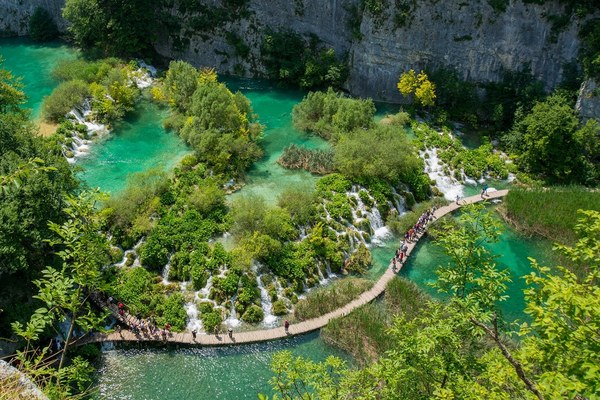
Climate bridges to south-eastern Europe
The Climate Bridges project strengthens cooperation for transnational climate protection in the Western Balkans. Together with other NGOs, CIPRA Lab is setting up a network platform for this purpose – and is looking for good climate protection examples from south-eastern Europe.
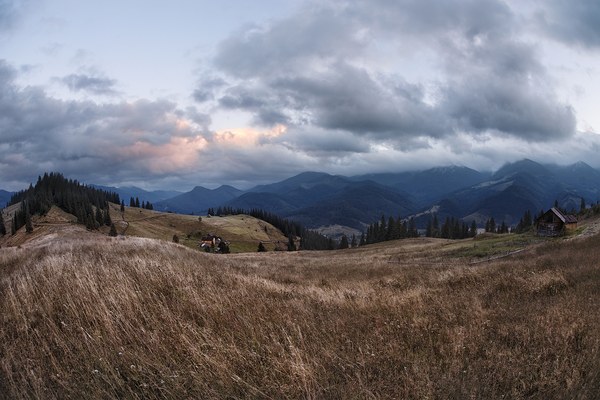
On the war in Ukraine
A war has broken out in Europe that contradicts everything CIPRA stands for: Intensive cooperation across language barriers and cultural differences, cross-border cooperation and the search for development opportunities that strengthen people and nature.
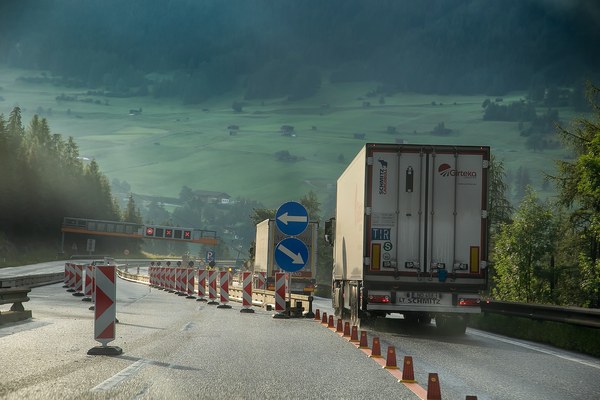
Truck promotion instead of ecology
The European Parliament has shown no understanding. Even the last rescue attempts by three parliamentarians were shot down. The new toll regulation for road haulage on European motorways will lead to the one-sided promotion of hydrogen and electric engines. This will lead to a massive disadvantage for freight transport by rail and to even more trucks.
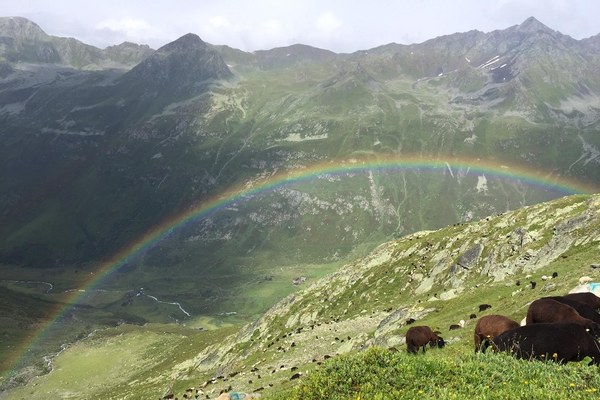
Alpine-wide network for shepherds
What are the possibilities and challenges for a cross-border organisation for shepherds in the Alps? CIPRA held an online conference on 27 January 2022 with representatives from agricultural colleges, national authorities, nature conservation groups and shepherds' organisations to find answers.
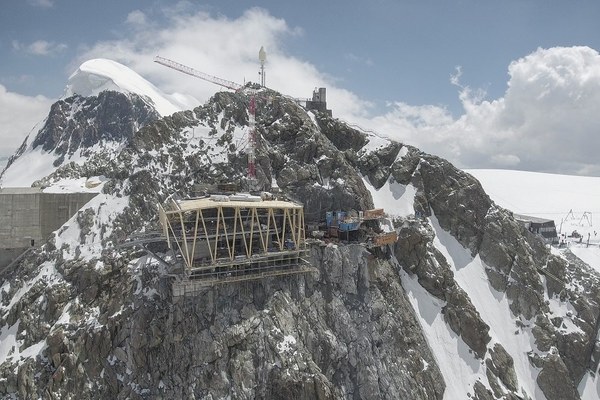
Questionable construction boom in ski resorts
Cable cars, reservoirs and blasting pylons: the Alpine landscape has been and continues to be built up for winter tourism even during the pandemic – sometimes in nature reserves and despite much criticism.
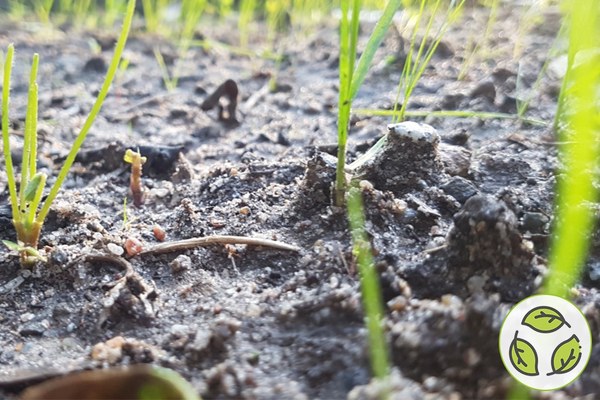
Saving land, saving soil
In the Alps and beyond, land is built up every day and valuable soils are lost. The project "Saving:Soils" shows alternatives and develops solutions together with pilot regions.
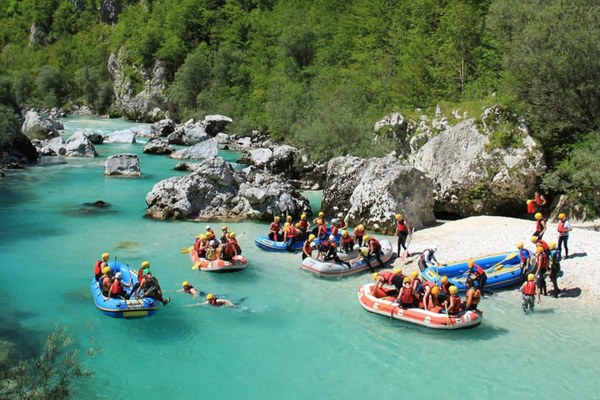
Leaving few traces along the way
How do we leave as few traces as possible on our way to the mountains or other attractions? On 22 November 2021, around 150 participants travelled virtually through the Alps during an online conference and exchanged ideas on measures to guide visitors in sensitive natural areas.
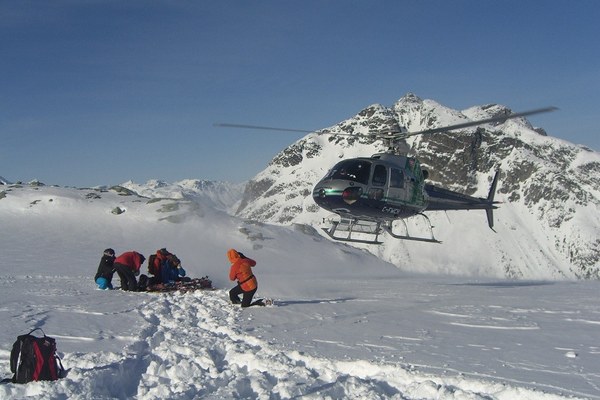
Onto the slopes by helicopter
Is heliskiing in the public interest? Vorarlberg extends its authorisation by two and a half years: CIPRA Austria calls for greater emphasis on climate protection.
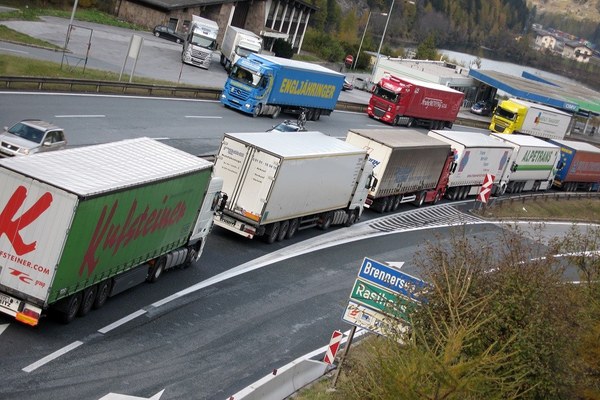
Trucks on (de)tour
One third of the lorries on the Brenner motorway are rerouted to save toll costs. In doing so, they take detours of up to 120 kilometres, as a study from Tyrol/A shows. But the European Parliament does not take this into account.
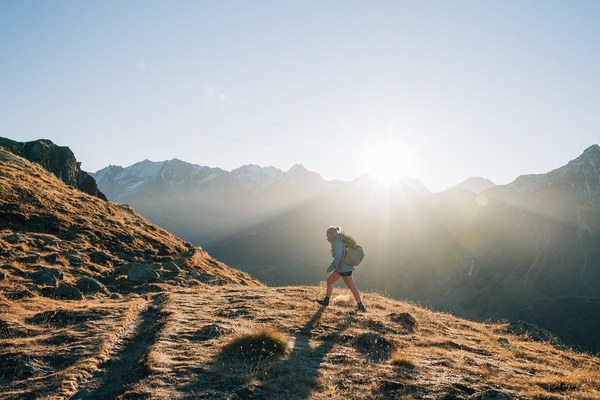
Securing the future of the Via Alpina
A modern information and networking platform, improved safety and easier orientation along the trail: the Via Alpina, the transalpine long-distance hiking trail, is getting a makeover in 2022. CIPRA International started a crowdfunding campaign to support this project.

Winter Games on a slippery slope
History repeats itself: after the fiasco surrounding the construction ruins in Turin in 2006, the plans for Italy's supposedly “green” Winter Games in Milan and Cortina in 2026 are now too coming under criticism.
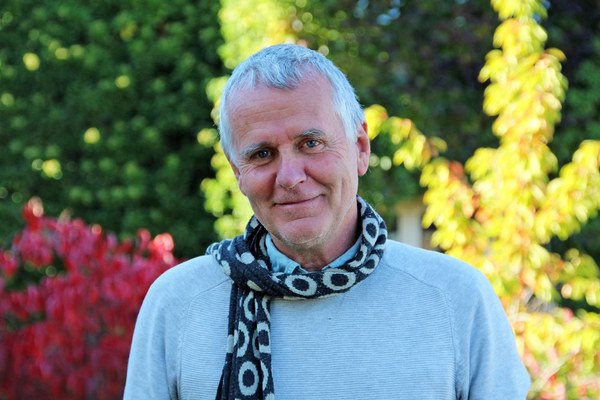
Point of view: Let's finally press the reset button in tourism!
Mass tourism in the Alps has collapsed due to the ongoing Corona pandemic, and the opportunities for switching to environmentally and socially just tourism have increased. But they must also be exploited, says Hans Weber, Executive Director of CIPRA Switzerland.
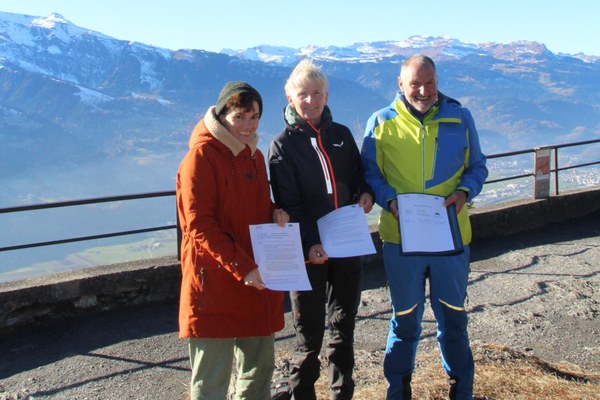
New alliance for European mountain regions
Three umbrella organizations committed to mountaineering and sustainability in European mountain regions decided, at the end of November 2021, to join forces: the Club Arc Alpin (CAA), the European Union of Mountaineering Associations (EUMA) and the International Commission for the Protection of the Alps (CIPRA).
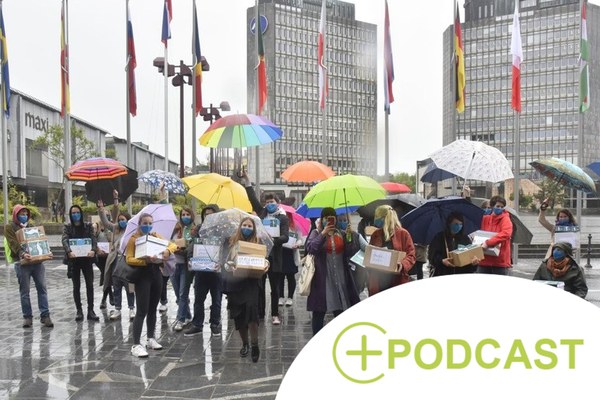
For drinkable water
In a referendum held at the beginning of July, Slovenia’s citizens voted by a clear majority in favour of preserving the shore and coastal zones. In doing so, they overturned a new law that would also have affected Alpine waters.
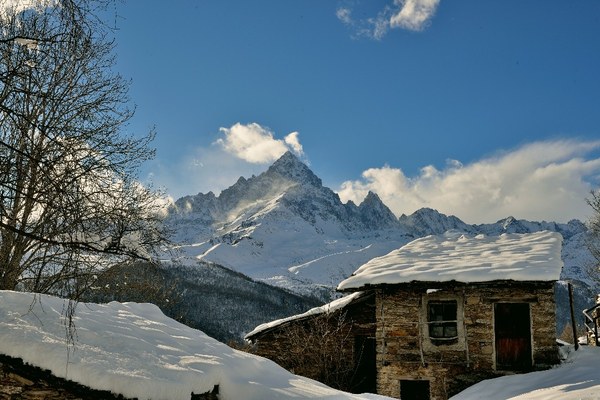
Abandoned and uncultivated
Remote mountain villages in Piedmont/I have been struggling with heavy emigration for years. The region is now supporting people moving back to the mountains. A study from Austria shows how endangered Alpine agriculture actually is.

Innovations and aberrations
Helicopter flights and Australian white wine on the one hand, an eco-museum and recycled smartphones on the other: positive and negative awards from environmental organisations point the way to a more sustainable future.
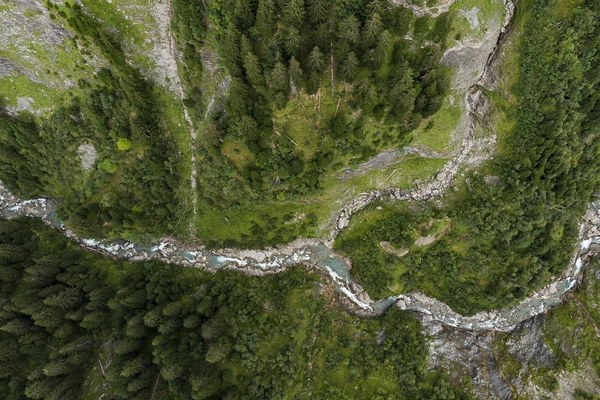
How much hydropower is ecologically sustainable ?
Renovate power plants instead of building new ones, preserve the last freshwater pearls, coordinate use and protection across countries: CIPRA has published a position paper with detailed technical demands on the use of hydropower in the Alps.

Do you speak Alps?
A different dialect in every community: the linguistic diversity of the Alps is fascinating and constantly changing, which also makes it interesting for linguists. Using modern methods such as crowdsourcing, a research project is collecting dialect words across the Alps for a digital, living lexicon.

Point of view: Water will not tolerate resistance
Extreme weather conditions are also increasingly affecting the Alps. The climate crisis is driving this development. Can more and more dams, barriers or power stations solve the problem and at the same time satisfy the growing hunger for energy? We must work with the power of water rather than against it, says Kaspar Schuler, CIPRA’s Executive Director and co-author of CIPRA’s new position paper on hydropower.